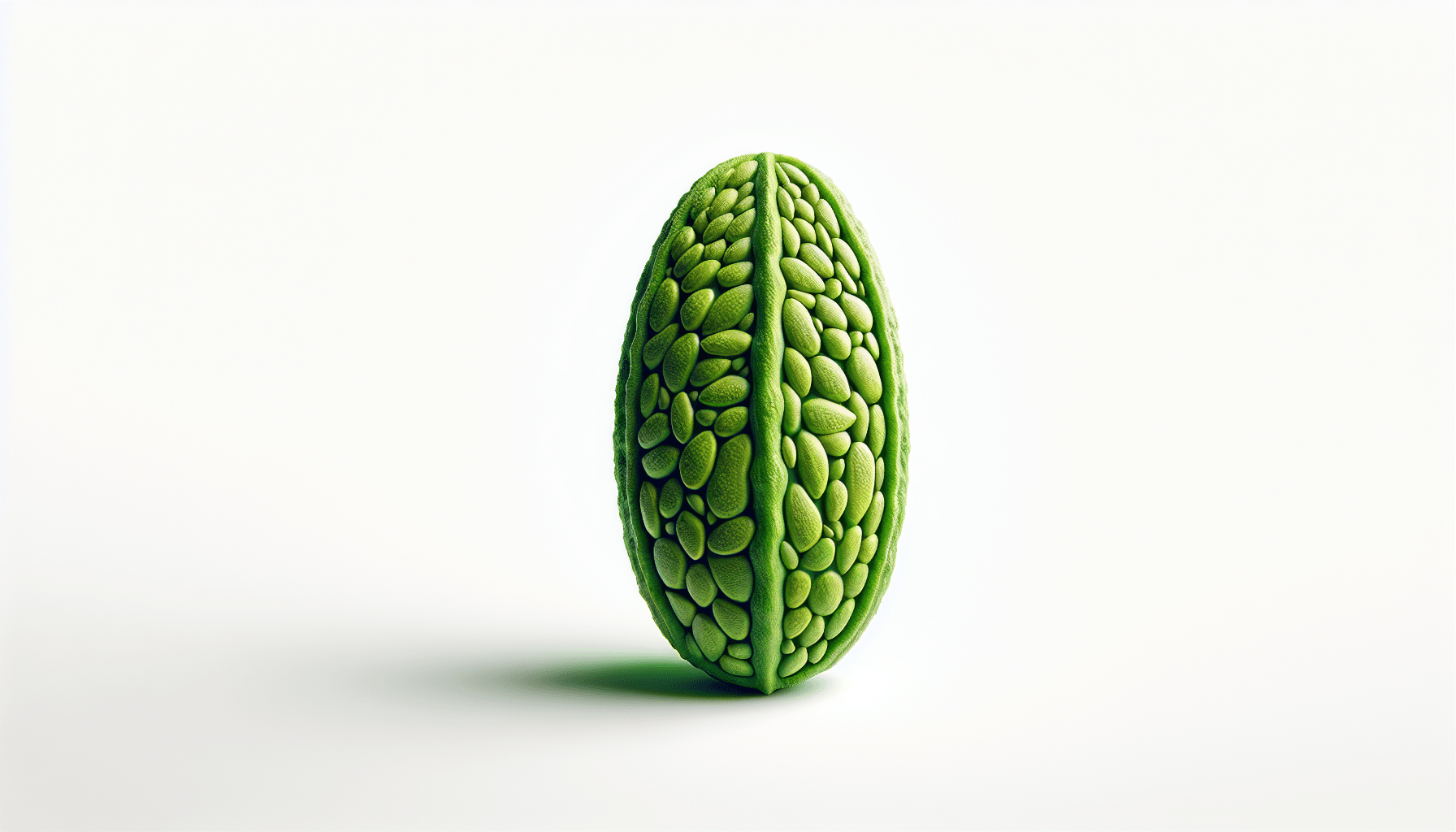Have you ever wondered if there’s a way to naturally restore bladder control as you age? It’s a common concern for many older adults. Bladder control issues, such as incontinence, can be quite distressing, but the good news is that there are natural methods and supplements that can help.
Understanding Bladder Control Issues in Older Adults
Table of Contents
As we grow older, our bodies undergo various changes, including the functioning of our bladder. The bladder muscle might weaken, the pelvic floor muscles might lose their strength, and the signals between the brain and the bladder can become less effective. These changes can lead to problems like urinary incontinence, where you involuntarily lose urine. Understanding these issues is the first step in finding a solution.
Common symptoms include:
- Urgence to urinate
- Frequent urination
- Leaking urine during activities like coughing or sneezing
- Difficulty starting the urine stream
Types of Urinary Incontinence
There are several types of urinary incontinence, each with different causes and symptoms. Knowing which type you are experiencing can guide you toward the most effective natural treatments.
| Type | Description |
|---|---|
| Stress Incontinence | Leaking urine during physical activities such as coughing, sneezing, or exercising. |
| Urge Incontinence | A sudden, intense urge to urinate, followed by an involuntary loss of urine. |
| Overflow Incontinence | Inability to empty the bladder completely, leading to dribbling. |
| Functional Incontinence | Physical or mental barriers prevent reaching the bathroom in time. |
Natural Methods to Restore Bladder Control
Pelvic Floor Exercises
One of the most effective ways to strengthen your bladder control is through pelvic floor exercises, often referred to as Kegel exercises. These exercises help to strengthen the muscles that support the bladder and other organs within the pelvis. Regular practice can significantly reduce symptoms of incontinence.
How to do them:
- Identify the right muscles by stopping your urine flow midstream.
- Once you’ve identified these muscles, empty your bladder and lie down.
- Tighten your pelvic floor muscles, hold the contraction for five seconds, then relax for five seconds.
- Repeat this 10 times, three times a day.
Dietary Adjustments
What you eat and drink can have a significant impact on your bladder health. Some foods may irritate your bladder, while others can actually help you maintain better control.
Foods to avoid:
- Caffeine: Found in coffee, tea, and certain sodas, caffeine can irritate the bladder.
- Alcohol: Acts as a diuretic, increasing urine production and irritating the bladder.
- Spicy foods: Can cause bladder discomfort in some people.
Foods to include:
- High-fiber foods: Help prevent constipation, which can put added pressure on your bladder. Examples include fruits, vegetables, and whole grains.
- Water: Staying hydrated is important, but try to drink smaller amounts throughout the day rather than large quantities at once.

Natural Supplements for Bladder Control
Several natural supplements can aid in strengthening the bladder and improving control. Let’s discuss some of the most effective ones.
Pumpkin Seed Extract
Pumpkin seeds have been used for centuries in traditional medicine to support bladder health. They are rich in essential fatty acids and antioxidants that help maintain the strength of the bladder muscle and the function of the urinary tract.
Benefits:
- Reduces overactive bladder symptoms
- Supports the health of the pelvic floor muscles
- Improves urinary tract health
Corn Silk
Corn silk, the long, silky threads found under the husk of fresh corn, has been traditionally used to support the urinary system. It acts as a diuretic and helps in managing bladder inflammation and irritation.
Benefits:
- Helps reduce the frequency of urination
- Soothes irritation in the urinary tract
- Supports overall bladder health
Saw Palmetto
Commonly known for its use in supporting prostate health, saw palmetto can also be beneficial for bladder control, especially in men. It helps to reduce inflammation and support a healthy urinary flow.
Benefits:
- Reduces inflammation of the bladder and urinary tract
- Supports a healthy flow of urine
- May help in reducing symptoms of benign prostatic hyperplasia (BPH)
Gosha-jinki-gan
This traditional Japanese herbal remedy comprises several herbs and is often used to treat overactive bladder symptoms among the elderly. It harmonizes the balance of internal organs, specifically the kidneys, which are connected to bladder function in traditional medicine.
Benefits:
- Reduces urgency and frequency of urination
- Supports normal bladder function
- Promotes overall urinary tract health
Magnesium
Often overlooked, magnesium plays a crucial role in muscle and nerve function. A deficiency in magnesium can lead to muscle spasms, including those in the bladder, which can worsen incontinence.
Benefits:
- Helps relax bladder muscles
- Reduces spasms
- Supports overall muscle function
Lifestyle Changes to Improve Bladder Control
There are several lifestyle changes you can make to improve bladder control, restore confidence, and reduce the chance of accidents.
Stay Active
Regular physical activity can help maintain bladder control. Exercise strengthens the muscles of the pelvic floor and improves overall body function. Activities like walking, swimming, and yoga are particularly beneficial.
Maintain a Healthy Weight
Excess weight can place additional pressure on the bladder, leading to incontinence. Maintaining a healthy weight through a balanced diet and regular exercise can alleviate this pressure and reduce symptoms.
Bladder Training
Bladder training involves scheduling your bathroom visits to gradually increase the time between urinations. This can help retrain your bladder to hold more urine and reduce the urgency and frequency of trips to the bathroom.
Steps for Bladder Training:
- Start by recording your bladder habits for a few days.
- Set a fixed schedule to urinate, such as every two hours.
- Gradually extend the time between urinations by 15-minute increments.
- Aim to reach a goal of urinating every 3-4 hours during the day.
Quit Smoking
Smoking has been linked to bladder irritation and can exacerbate symptoms of incontinence. Quitting smoking can reduce coughing, which often leads to stress incontinence, and improve overall bladder health.

Seeking Professional Help
While natural remedies and lifestyle changes can be very effective, it’s important to consult with a healthcare provider if you are experiencing severe or persistent bladder control issues. Your doctor can help determine the underlying cause and suggest an appropriate treatment plan.
When to See a Doctor
If you’re dealing with:
- Sudden onset of incontinence
- Pelvic pain or discomfort
- Blood in your urine
- Significant changes in your toilet habits
These could be signs of a more serious condition that needs medical attention.
Summary
Restoring bladder control naturally is not only possible but can be highly effective. With the right combination of exercises, dietary adjustments, supplements, and lifestyle changes, you can improve your bladder health and reduce incontinence. Understanding your body’s needs and seeking professional guidance when necessary will put you on the path to better bladder control and an improved quality of life. So, take the first step today and reclaim control over your bladder health.




